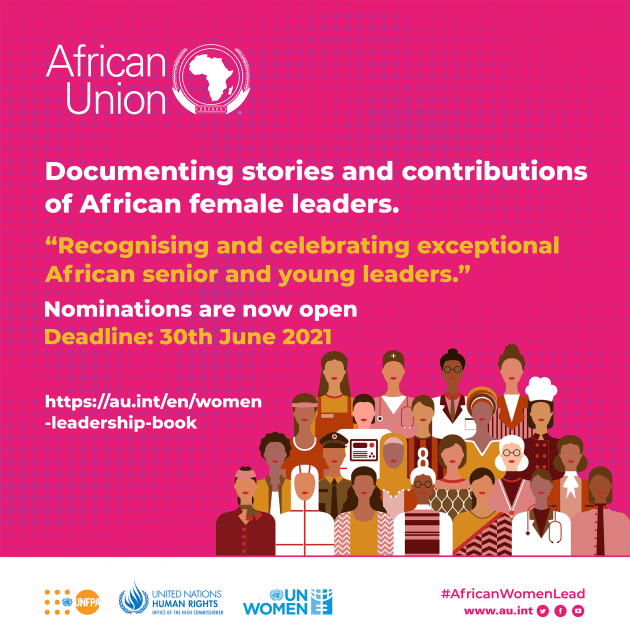Department Resources
April 27, 2023
July 07, 2022
The African Women’s Decade (AWD) Report details progress across the African continent,
September 19, 2020
The African Union Commission (AUC) envisions “an integrated continent that is politically united based on the ideals of Pan Africanism an
June 24, 2020
Highlights of the cooperation with the GIZ-project “Support to the African Union on Migration and Displacement”
June 24, 2020
Violent extremism is a global issue.
February 10, 2022
Agenda 2063 is Africa’s development blueprint to achieve inclusive and sustainable socio-economic development over a 50-year period.
April 17, 2025
April 11, 2025


